BNA Annual General Meeting 2025
1st April 2025
The following resources, some of which have been authored by BNA members, provide a varied range of information and reading about the science of the brain and nervous system, and what happens when the brain or nervous system go wrong.
Please note that any information provided by the BNA via its website, publications, or its members is for informational purposes only and does not constitute medical advice; it is not intended to be a substitute for professional medical advice, diagnosis, or treatment. Always seek the advice of a physician or other qualified health provider with any questions you may have regarding a medical condition.
Contents |
 Neuroscience - Unravelling the Mysteries of the Brain: A Career Guide for Students
Neuroscience - Unravelling the Mysteries of the Brain: A Career Guide for StudentsThe BNA has written this highly informative career guide for A-Level / Scottish Advanced Highers / IB students upwards.
It covers basic neuroanatomy, undergraduate and postgraduate entry into neuroscience, and possible career paths involving neuroscience, as well as a selection of recent case studies from a range of neuroscientists.
You are welcome to download from here for free.

 Neuroscience - Science of the Brain: An Introduction for Young Students
Neuroscience - Science of the Brain: An Introduction for Young StudentsFrom the updated orginal ''Brain Facts Booklet', created by Richard Morris (Edinburgh) and Marienne Fillenz (Oxford) for the BNA in 1994.
'Neuroscience - Science of the Brain' is primarily aimed at sixth form students or first-year undergraduates. Richard Morris creates a wonderfully neat and concise 'primer' of neuroscience, touching on everything from development to drug addiction, with leading UK neuroscientists contributing chapters on their respective fields of expertise in a simple yet imaginative and visually appealing way.
As part of the BNA's commitment to teaching and widening interest in neuroscience, in partnership with IBRO, we offer this online publication free of charge in multiple languages!
Choose your version from English, Mandarin, Spanish, French, German, Greek, Arabic, Hindi, Italian, Japanese, Nepali, Armenian, Croatian, Farsi, Polish, Portuguese, Russian, Serbian, Slovene, Turkish, Swahili.

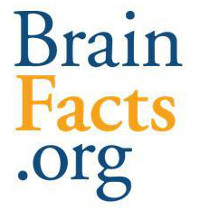 Brainfacts.org
Brainfacts.orgThis superb website is an authoritative source of information about the brain and nervous system for the public. Its purpose is to share what neuroscientists know, explore what they don’t yet know fully, and discuss how today’s research advances understanding.
An initiative of The Kavli Foundation, the Gatsby Charitable Foundation, and the Society for Neuroscience - all leading global nonprofit organisations working to advance brain research - the brainfacts.org editorial board is made up of leading neuroscientists from around the world, all the site’s content is reviewed by scientists for accuracy, and information is regularly checked and updated.
BrainFacts.org provides information about the field’s understanding of causes, symptoms, and outcomes of brain disorders. It is not intended to give specific medical or other advice to patients. Visitors interested in medical advice should consult with a physician.
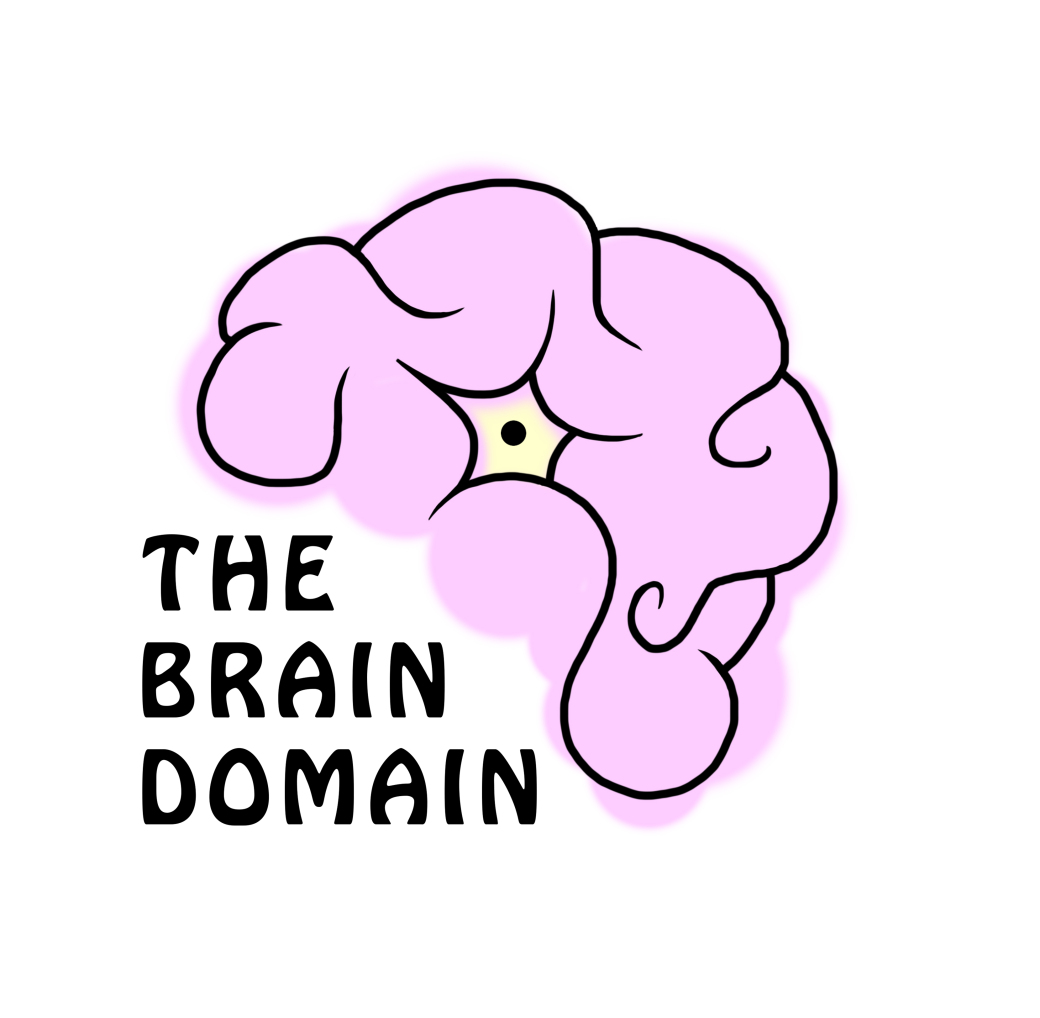
Set up by BNA members from Cardiff University, The Brain Domain’s primary objectives are to engage the interested public with neuroscience and to develop science communication skills for early career scientists in a peer-driven setting. Articles posted on The Brain Domain website come in all shapes and sizes, from quirky introductions on neuroscience topics to explorations of recent news to patient perspectives.
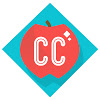
Crash Course is a series of free, high-quality educational videos used by teachers, students, and anyone else interested in the wide variety of topics covered. Neuroscience topics have been covered in several different Crash Courses. Here, you can find a playlist with selected neuroscience videos, all well explained and engaging.
 Exploding Brain Myths
Exploding Brain MythsExcellent, short and entertaining animations, developed by BNA member Rhiannon Meredith, which provide the real science beyind some common neuromyths.
Watch each one to find out how we do NOT use just 10% of our brain; we are NOT left-brained or right-brained; brain training may NOT improve memory or stave off dementia; and why there is no such thing as 'the love hormone'. Or the pain hormone or reward hormone either!

Created by a neuroscientist, these 2-minute videos simplistically explain neuroscience topics. The videos cover a wide range of topics - from basic neuroscience such as the neuron, to more complicated matters such as long-term potentiation.
 The Fundamentals of Neuroscience
The Fundamentals of NeuroscienceThe Fundamentals of Neuroscience is a free online course at Harvard University in the US. The course serves as an introductory survey of topics in neuroscience, ranging from the function of ion channels in the neuronal membrane, to the activity of individual neurons and small groups of neurons, to the function of the brain and its subsystems.
Those students who successfully complete the course are eligible to receive a certificate of completion from edXTop
 Ask a Biologist
Ask a BiologistHere you can browse through thousands of questions sent in by members of the public and answered by some of the world's foremost experts in biology.
Although covering all sorts of topics, questions and answers about neuroscience are very popular and make up a significant proportion of the site's contents.
Use the search facility on the site to look up answers about the brain and nervous system - or send in a question yourself.
 Glossary of Key Brain Science Terms
Glossary of Key Brain Science TermsA list of definitions for common terms used when describing and discussing the brain and nervous system, produced by the Dana Foundation.
Everything from adrenal glands (glands which receive signals from the brain and secrete several different hormones in response to stress, including cortisol and adrenaline) to white matter (brain or spinal cord tissue, consisting primarily of the myelin-covered axons that extend from nerve cell bodies in the grey matter of the central nervous system) and (almost!) all letters in between.Top
 TED Talks on Understanding the Brain
TED Talks on Understanding the BrainAn updated list featuring neuroscience from the now world-famous TED talks, a nonprofit enterprise devoted to spreading ideas in the form of short, powerful talks (18 minutes or less).

The NNCI is a collaboration between educators and neuroscientists based in the US. The overarching aim of the NNCI is to create, pilot, and disseminate a comprehensive set of resources that help train American psychiatrists to integrate a modern neuroscience perspective into their clinical work. To meet this aim they have developed engaging and interactive exercises for teaching in the classroom in addition to brief videos and resources for self-study and clinical supervision. Although there is, naturally, a focus on psychiatry and treating psychiatric disorders, there are also excellent resources on the fundamentals of neuroscience.
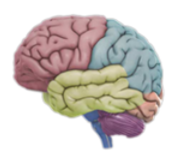
The 3D Brain App is an interactive brain map that allows users to rotate the brain in three-dimensional space. Individual maps of 29 structures include information on brain damage, case studies, and links to modern research.
Use your touch screen to rotate and zoom around the interactive brain structures. Discover how each brain region functions, what happens when it is injured, and how it is involved in mental illness. Each detailed structure comes with information on functions, disorders, brain damage, case studies, and links to modern research.
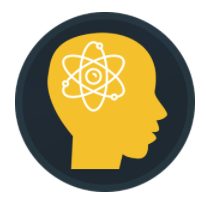
Receive all the latest neuroscience news to your phone. The app allows you to get latest news from the most popular digital journals and magazines and save your favourites, as well as translate the articles to your language.
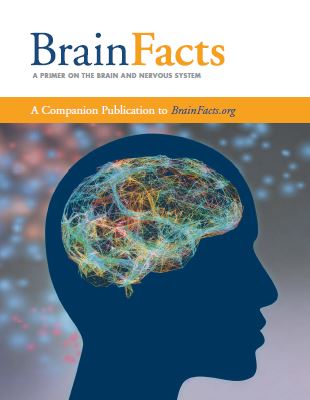 The Brain Facts Book
The Brain Facts BookThis 'primer on the brain and nervous system' is published by the US-based Society for Neuroscience. It covers functions of the brain, diseases and disorders, research methods, and neuroethics, and the latest additions include eight fundamental core concepts of neuroscience, and an enhanced anatomy section with references to the new 3D brain model on the companion website.

In this monthly podcast from the Dana Foundation, experts from the field of neuroscience are interviewed on topics such as sleep, autism and the 'terrorist brain'.
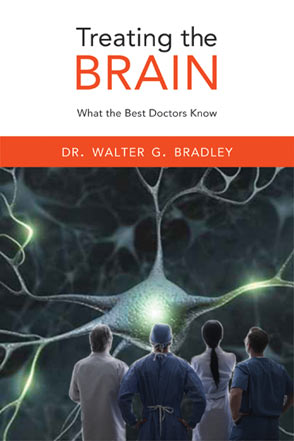 Dana Foundation Publications
Dana Foundation PublicationsThe Dana Foundation provides a series of free web and print publications as well as e-Books which are available for purchase.

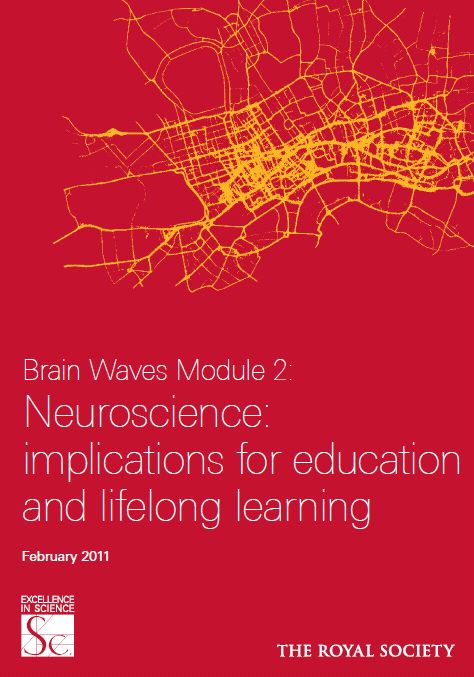 "Brain Waves"
"Brain Waves"Four reports produced by The Royal Society that examine developments in neuroscience and their implications on science and society.
Developments in neuroscience are likely to provide significant benefits for society, but they will also raise major social and ethical issues due to wide ranging applications. Brain research is likely to have implications for a diverse range of public policy areas such as health, education, law, and security. Progress in neuroscience raises questions about personality, identity, responsibility, and liberty.
The Brain Waves project explored the potential and the limitations of neuroscience insights for policymaking, as well as the benefits and the risks posed by applications of neuroscience and neurotechnologies.
See all reports from the project:
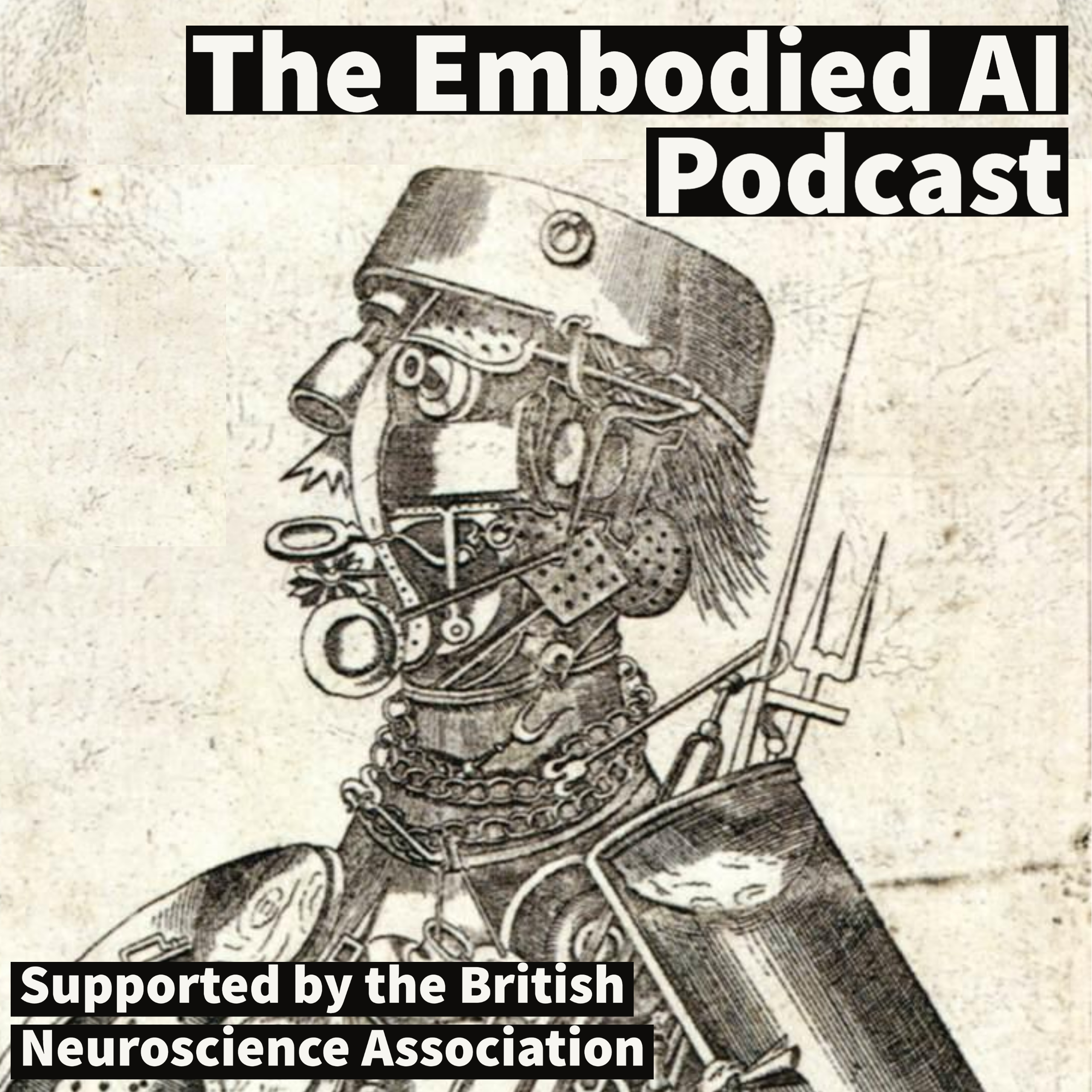
For our annual theme: Artificial Intelligence, our placement student Akseli Ilmanen created an interdiscplinary podcast on AI. Interested in how AI can learn about the world through interaction - through a body, he interviews researchers in philosophy, neuroscience, robotics, and linguistics.
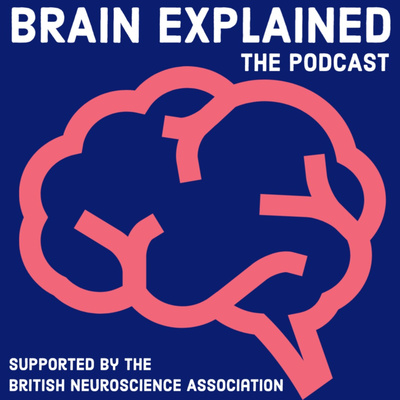 "Brain explained" podcast
"Brain explained" podcastWe're pleased to share resources created and developed by our student members. Here are some great first episodes from a podcast series from student member, Abdullah Iqbal, interviewing some leading neuroscientists in the UK:
 The Incredible Case of Phineas Gage
The Incredible Case of Phineas GageThe mysterious case of Phineas Gage fundamentally altered our understanding of mental health, neuroscience, and behaviour. An unwitting and involuntary contributor to the history of neuroscience, in 1848 Gage suffered a horrific accident which damaged his brain and appeared to change his personality. Fascination with his plight encouraged scientific research into the brain.
This incredible true story is brought to life in a 20-minute film for which you can watch the trailer here.
The following websites and organisations provide information and/or advice about conditions which involve or affect the brain and nervous system.
Please note that any information provided by the BNA via its website, publications, or its members is for informational purposes only and does not constitute medical advice; it is not intended to be a substitute for professional medical advice, diagnosis, or treatment. Always seek the advice of a physician or other qualified health provider with any questions you may have regarding a medical condition.
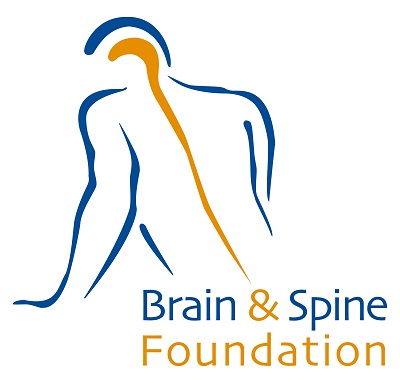 Brain and Spine Foundation
Brain and Spine FoundationThe Brain and Spine Foundation website provides a wealth of information about neurological problems (medical disorders which affect any part of the nervous system). Their booklets and fact sheets, which are written by an editorial team including neuroscience nurses, are accredited by The Information Standard, a certification scheme supported by the Department of Health. The Foundation also has a helpline, online Q&A sessions, discussion forums - and much more.

The European Brain Council website has some useful and clearly presented information about brain disorders and their impact.
 NHS Choices Health A-Z
NHS Choices Health A-ZA clear and comprehensive source of information on hundreds of conditions and treatments for them. Although not exclusive for disorders of the nervous system, you're almost certain to find them listed here!
Information on health care services is focused on UK-based NHS provision.
 National Institutes of Health A-Z of brain diseases and disorders
National Institutes of Health A-Z of brain diseases and disordersThis list of more than 400 neurological disorders from the National Institute of Neurological Disorders and Stroke gives summaries of symptom descriptions, treatment options and prognosis, along with information about ongoing research on causes, diagnosis, and potential therapies.
You can also find contact information for related professional and health organizations (tend to be US-focused).
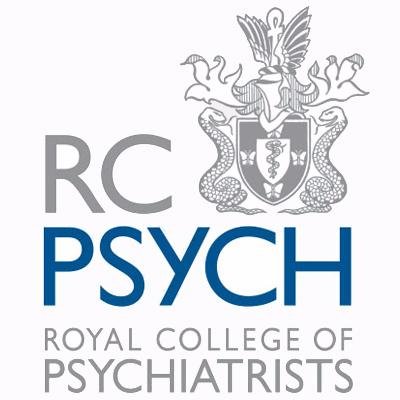
The Royal College of Psychiatrists provides readable, user friendly and evidence based information about mental health problems. This includes leaflets on dementia, depression and PTSD.
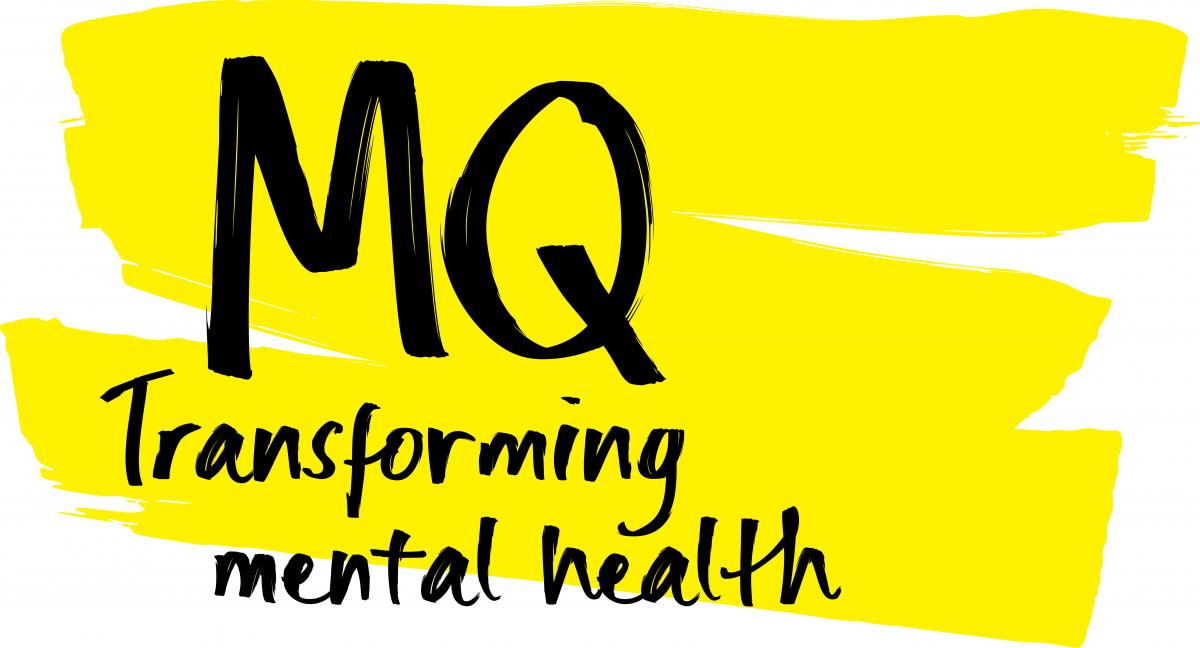
Is depression caused by the immune system? What does it feel like to live with social anxiety? Could an algorithm end the trial-and-error approach to mental health treatment? These are some of the questions we’ve taken on so far in MQ Open Mind – a new podcast, which is available to listen to today.
We chat with people who have faced the reality of mental illness, from social anxiety to bipolar II. They discuss the challenges they’ve had to overcome and their hopes for the future. They’re joined by researchers talking about the cutting-edge science which could transform the lives of people like them.